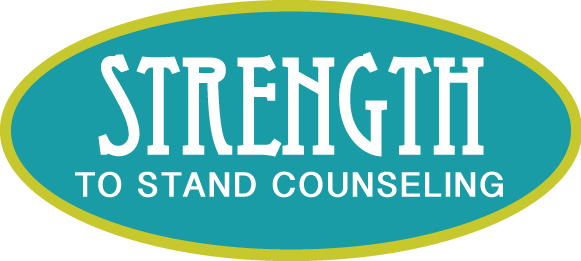Is PPD a New Thing?
Is Postpartum Depression a New Thing?
The simple answer is “No, it is not a new experience.” The complicated answer is that it was never given the necessary attention until the 20th century and finally now even more so in the 21st century.
If you venture back to 460 BC, Hippocrates referenced “postpartum fever” which essentially was a mental illness after giving birth. Fast forward to the 1800’s and Louis Victor Marce, a French physician wrote about psychiatric disorders post pregnancy. Unfortunately, then we went backwards! In the 20th century the field of psychiatry did not even acknowledge depression in the postpartum period until the DSM IV(Diagnostic & Statistical Manual of Mental Disorders) was published in 1994.
Dr. James Hamilton is considered the “Father of Postpartum Psychiatric Illness.” He was an American psychiatrist that wrote a landmark book in 1962 called Postpartum Psychiatric Problems. He later went on to found the International Marce Society. The Marce society advocates for research, treatment and social support. Hamilton also went on to co-found PostPartum Support International(PSI) with Jane Honikman. PSI continues to be one of the largest and most well known social support organizations.
Some of you may recall Brooke Shields epic novel, Down Came the Rain where she shared her battle wit severe postpartum depression. Since that time, many celebrities and well known figures have come forward admitting their oqwn struggles. Actress Alyssa Milano openly discusses her postpartum anxiety, singer Alanis Morisette struggled with PPD after all three of her pregnancies, Serena Williams(tennis star) shared her traumatic birth story and most recently Princess Meghan Markle also openly shared her postpartum challenges.
So why has it taken so long to get to where we are today? Much of the explanation has to do with societal standards and expectations. Early 20th century and before, women were the caretakers of the children: day & night. The men/dads worked and then came home and relaxed. The expectation was that women would/could do it all. I would argue that expectation still exists to some extent. Society paints pregnancy and being a new mom as a glamorous, relatively easy job that moms should love instantly. Now you and I both know that is not the case most of the time. Bottom line is mothering is hard, unpredictable and most days anything BUT glamorous. The guilt that moms feel when is real: society tells a mom they should be able to do it all(side note, we are currently living in a world where men and women both have incredibly high expectations set for themselves or placed on them, thus having that feeling that we can do it all- check back next month for my blog piece on this topic). So moms try to do it all, and then they feel anxious and overwhelmed. So then a mom will fail at doing it all(because it is impossible) which leads to worsening guilt and worthlessness and the vicious cycle continues to repeat. This is the culture we all must work to change.
All of this is to say, acknowledge how you feel, acknowledge that no one can do it all, ask for or accept help(two different things) and the more open we are about discussing this, the more postpartum depression will be recognized, supported, researched and funded.
